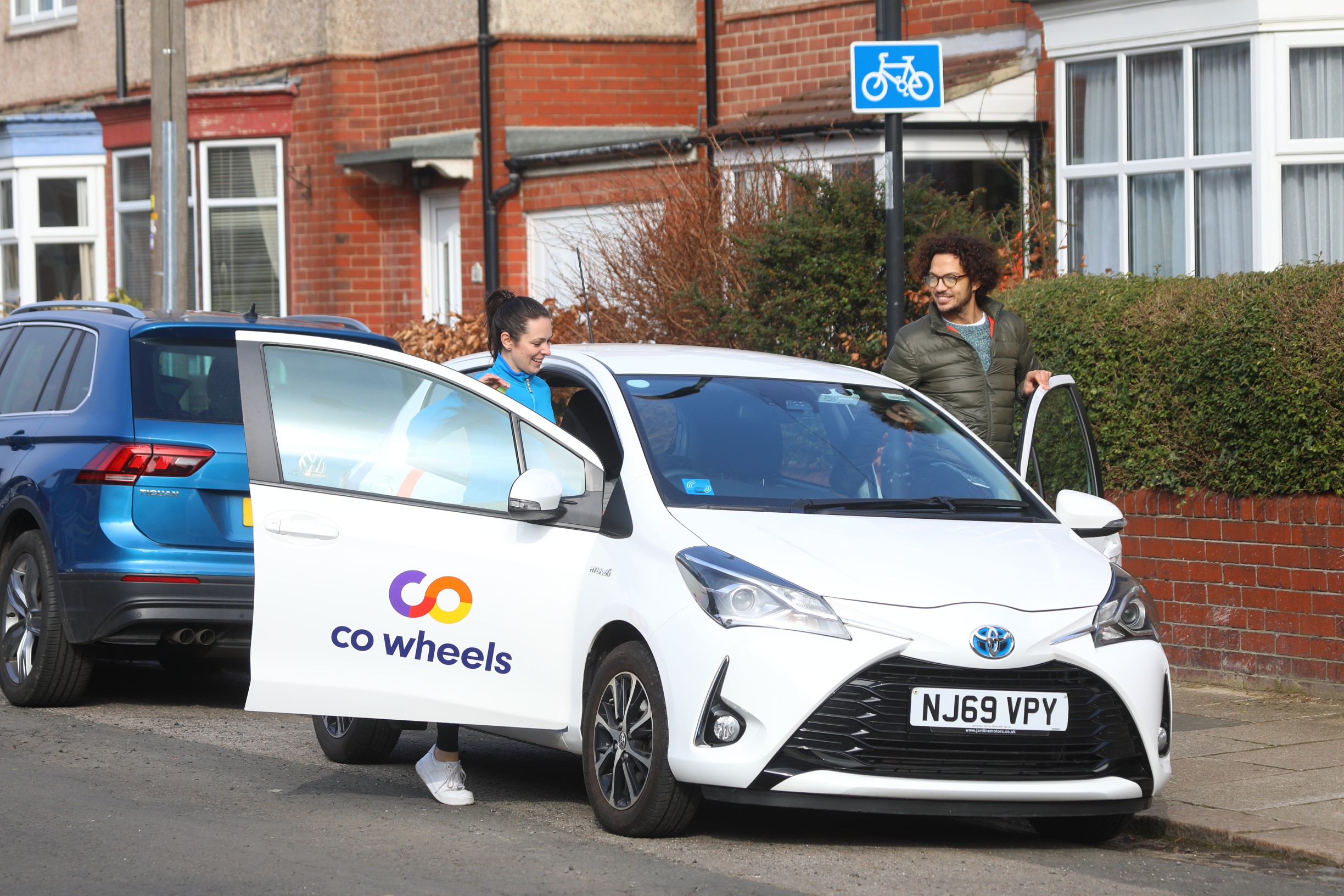
Going green with electric vehicles
October 25th, 2021
Kermit the frog famously lamented that it’s not easy being green – but that’s not the case with an electric vehicle.
While electric cars are big news these days, in reality, they’re not that new at all. In fact, the very first model was developed at around the same time as its petrol counterpart: in the late 19th Century – and, for a time, was more popular.
It was only with the improved production techniques pioneered by Henry Ford, along with falling gas prices in the early 20th Century, that petrol cars took over – until now.
Quarter of the way through the 21st Century, electric cars are once again top of the agenda due to fears surrounding climate change – and demand is rising.
The UK Government has even announced plans to plan to force carmakers to sell a rising share of full-electric or fuel cell cars as part of its "net zero" strategy.
From 2024, carmakers selling their vehicles in the UK will be required to sell increasing percentages of zero-emissions models every year, as the country moves to banning the sale of new, non-hybrid gasoline and diesel cars and vans by 2030.
So what’s so good about green?
The UK Government has even announced plans to plan to force carmakers to sell a rising share of full-electric or fuel cell cars as part of its "net zero" strategy.
Fewer emissions
This is the biggie; electric vehicles unquestionably emit fewer greenhouse gases and air pollutants than petrol or diesel equivalents.
With no exhaust, pure electric cars produce no carbon dioxide emissions, which reduces air pollution considerably.
And it soon adds up; in over a year, just one electric car can save an average 1.5 million grams of CO2, the equivalent of four return flights from London to Barcelona.
And while concerns have been raised about the energy used to manufacture electric vehicles, this is still dwarfed by the reduction in pollution when in use.
Cheaper to run
With unleaded petrol costing an average of 137p at the time of writing, which means it can cost up to £70 to fill an average-sized family car.
An electric vehicle, on the other hand, costs about £9.20 for a full charge, while many supermarkets or car parks offer free charging points.
There’s also no road tax to pay on purely electric vehicles, so you’ll be quids in!
Safety first
Did you know that electric vehicles are also a safer option? That’s because they have centralised engines, which create a lower centre of gravity and, in the event of an accident, makes them less likely to roll.
And while frequent recharging stops are often highlighted as an inconvenience, this can also make our roads safer.
According to road safety charity Brake, tiredness is a major cause of road crashes and may even be as dangerous as drink-driving.
Regular stops, particularly on long journeys, can help reduce fatigue and improve your posture, both of which are important factors in preventing accidents.
Give it a go
If you’re interested in taking one for a spin, we have a range of electric vehicles up and down the country.
That means that not only will you be doing your bit by joining the Co Wheels car sharing club, which is a key part of taking vehicles off the road, when you do go for a drive, you’ll have lower emissions too.
From a luxurious BMW i3 to the forerunner of the movement, the Nissan Leaf, we’re sure to have something to convince even the most die-hard petrolhead to give green a go.
Relevant reading

Three myths about car-sharing
Three quarters of greenhouse gas emissions are caused by road vehicles. And the average cost of owning a vehicle is £1,541 a year.Which means that, for anyone concerned about the environment or the costs of running a car, a car-sharing club like Co Wheels is the perfect solution.

Public transport v car-sharing
So, you want to do your bit for the environment by getting rid of your car – but how will you get around?Walking or cycling everywhere is a nice idea but not particularly practical in reality, and neither is relying on lifts from family and friends.
